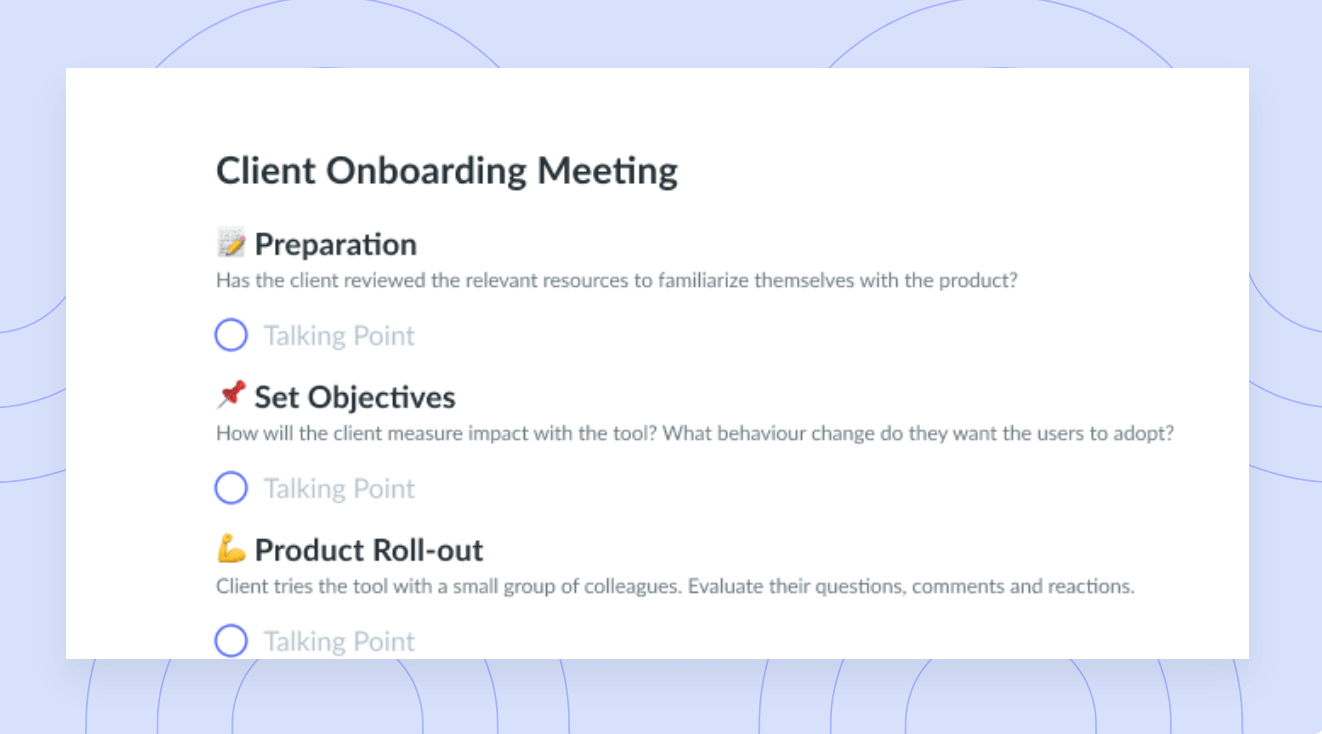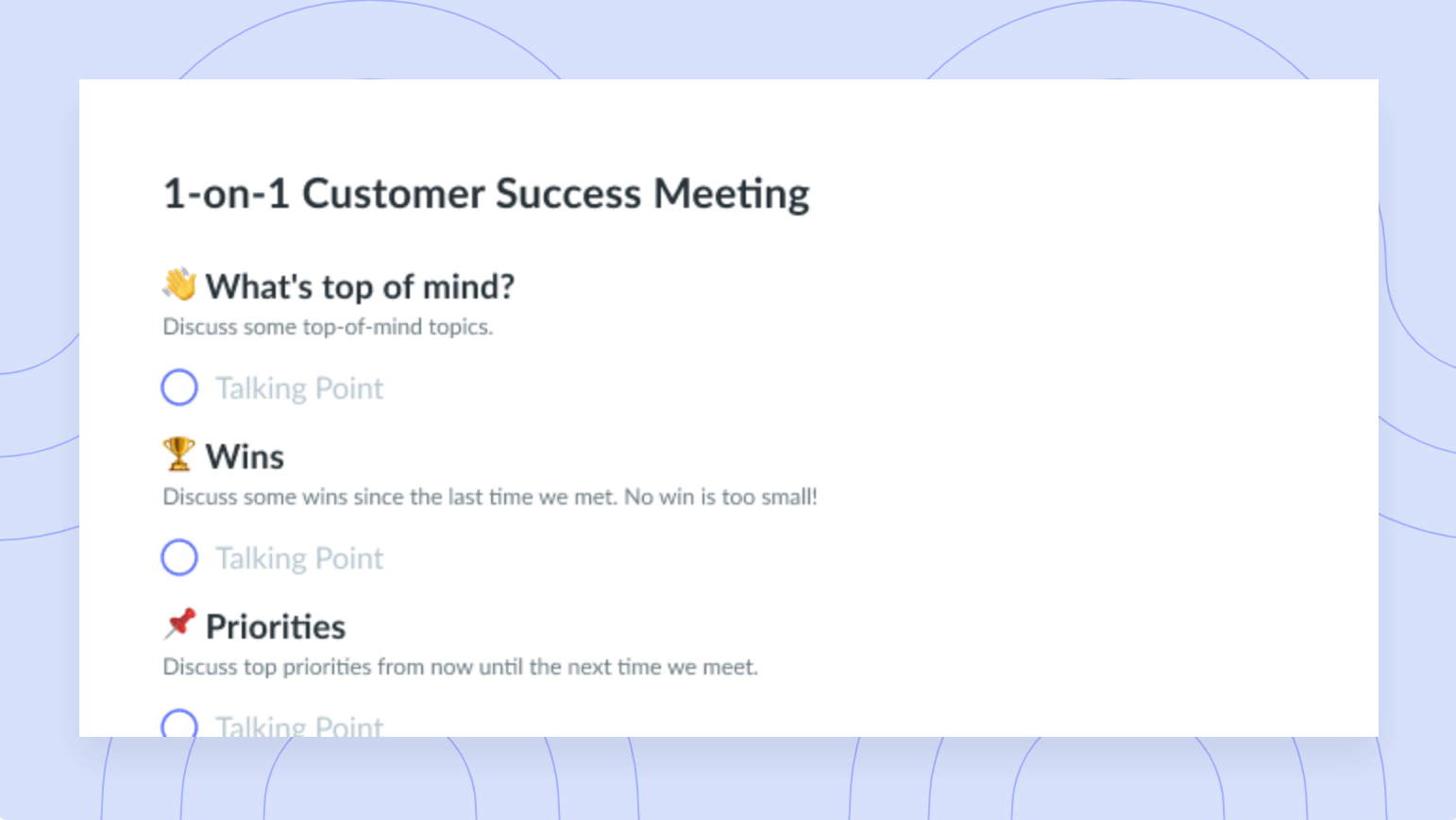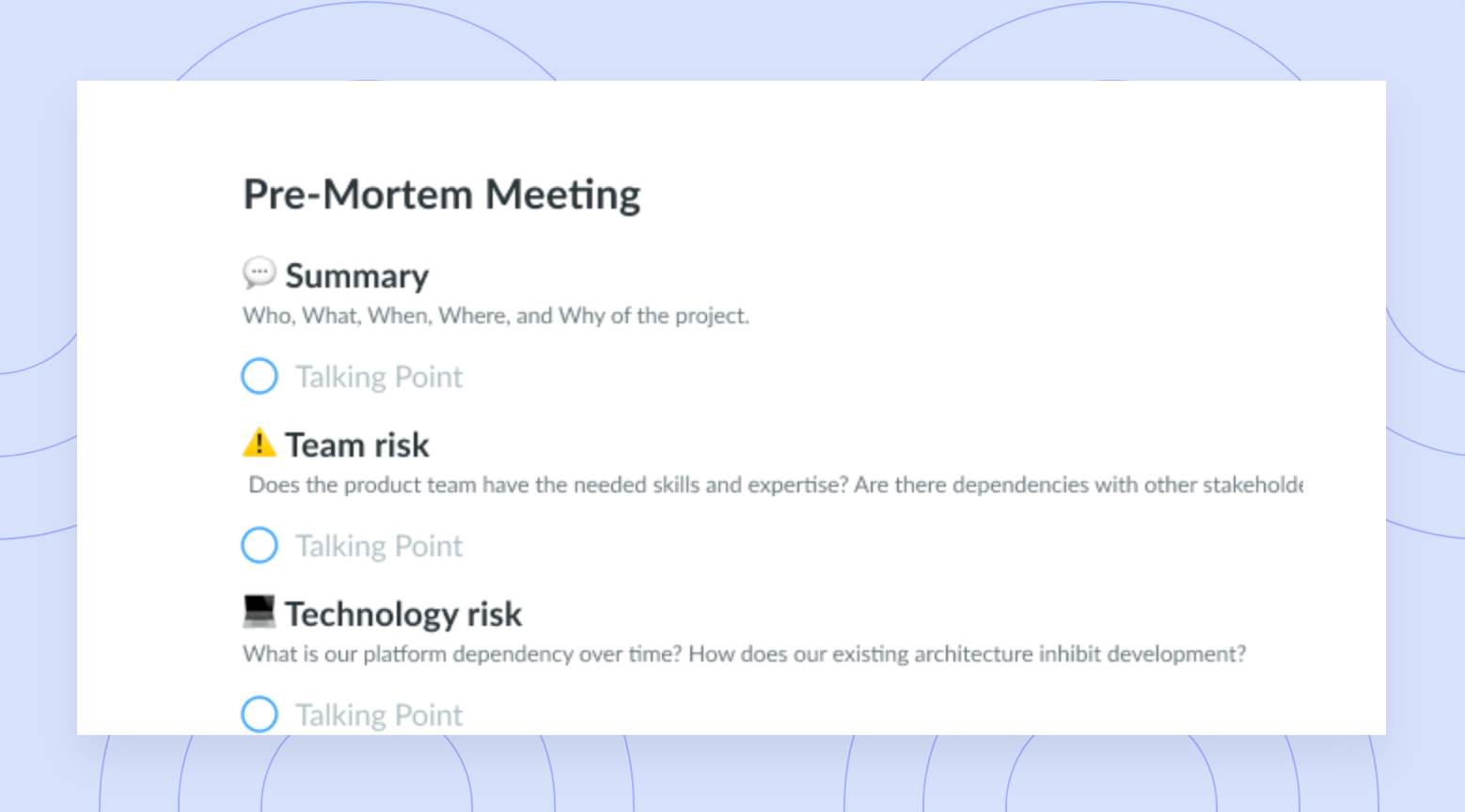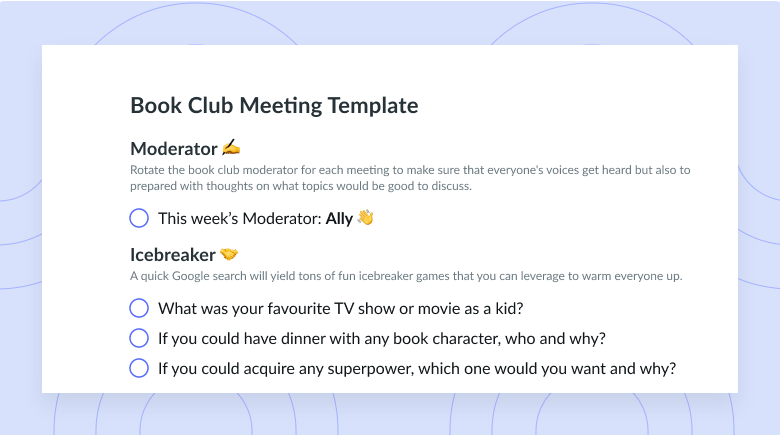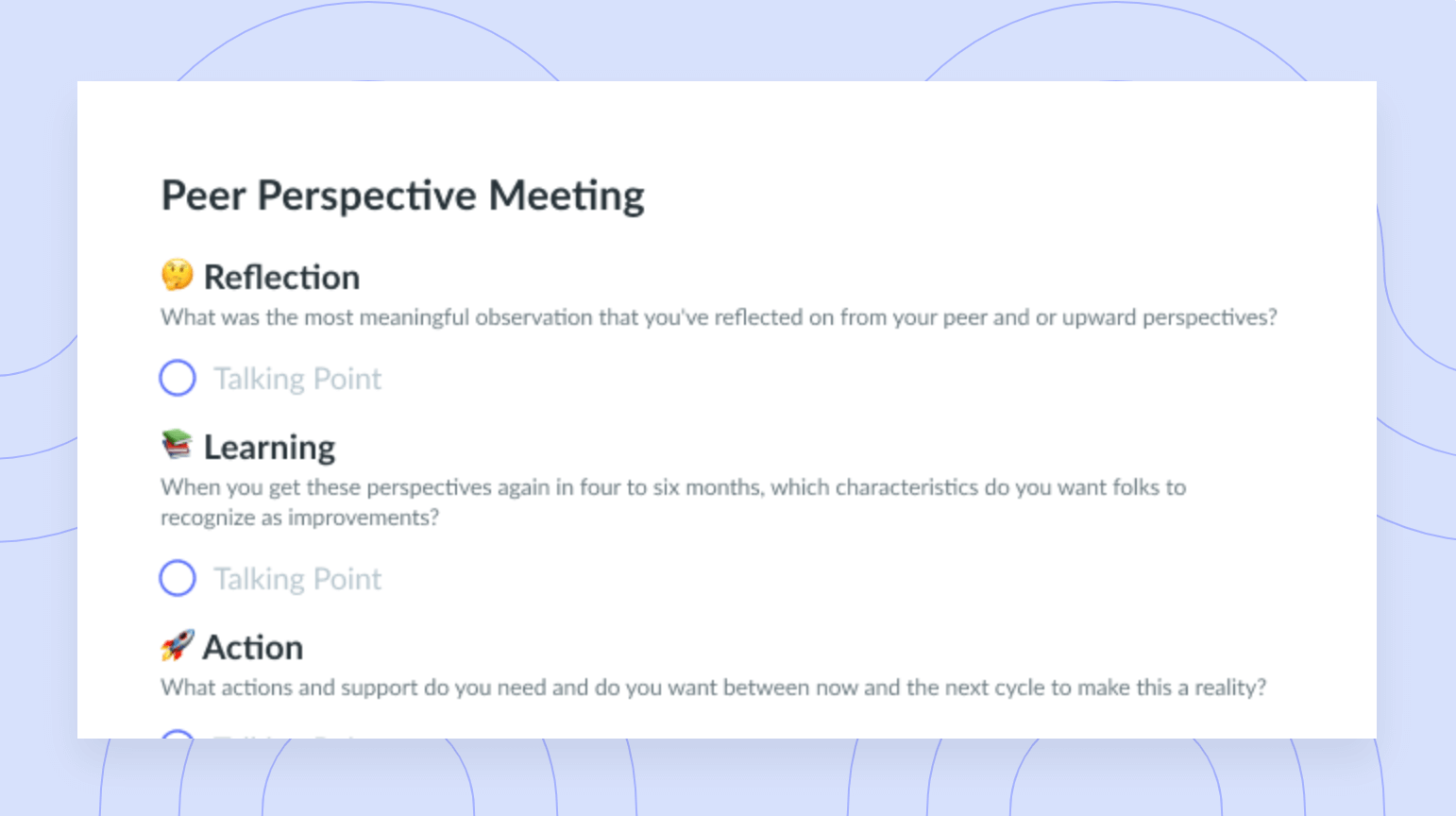6 Leadership Stories That Will Leave You Feeling Inspired
If you’re looking to see how some of the world’s best leaders came to their success, this read is for you!
We all grow up and want to change the world.
And while in some small ways we’ve all contributed to making the world the place it is today, there are some true trailblazers who have gone above and beyond to bring the world to the next level.
Here, we’re taking a look at some of the most inspiring leadership stories and how these great influences impacted the world we know today.
The purpose of sharing leadership stories
Whether you’re looking to kickstart a leadership career or you’ve been managing teams for decades already, sharing stories of well-respected leaders provides us with a set of role models to look up to. Our world’s best leaders all exemplify characteristics like integrity, self-awareness, empathy, and gratitude—traits we might not immediately think of when we try to imagine leadership skills. Seeing how others practice these traits in real life inspires us to do better and be better in our own roles.

Meetings worth showing up to
A well-run meeting can foster communication and collaboration by including an agenda the whole team can contribute to. Try using a tool like Fellow!
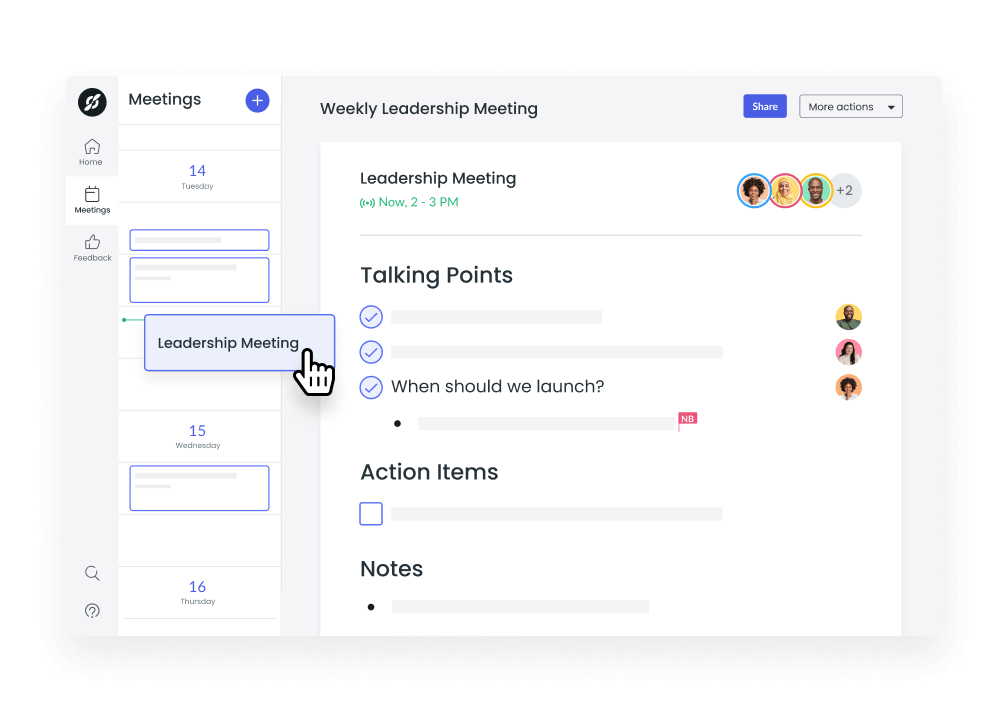
6 leadership stories that will leave you feeling inspired
1Malala Yousafzai
Malala is a Pakistani activist for female education. In 2014, at the age of 17, she was the youngest person in the world to receive a Nobel Peace Prize.
In her hometown in Northern Pakistan, the Pakistani Taliban had banned girls from attending school. In protest, Malala continued to attend school and led a local activist movement with a large focus on women’s rights and empowerment to peacefully oppose radicalisation through access to education (she was 13 years old at the time!).
Malala was attacked by the Taliban in 2012 as their consequence for her encouraging women’s rights. Despite suffering a gunshot wound to the head, she survived the shooting after time in a critical care unit in the United Kingdom.
Soon after her attack, she gained international attention and a global movement quickly sparked to advocate for women’s right to education. While Malala was in the hospital, the United Nations launched a petition in her name to provide better access to education for girls. After her recovery, Malala continued to lead this movement, extending her message from her local, early activism days in Pakistan. In the years since, she has continued to progress on her mission to provide accessible education to women and has also started the Malala Fund to generate resources and funds that contribute to her work.
2Mahatma Gandhi
When you think of peace and nonviolent protests, you should first think of Mahatma Gandhi. In 1947, he led India through the last stages of their independence movement from the British empire by practicing policies of nonviolence and civil disobedience. While the practicing of his policies in itself did not cause India to achieve their independence, Gandhi’s movements caused a philosophical shift in India’s national sentiment.
Through traits like empathy, integrity, patience, and courage, Gandhi took a stand against imperialism and sparked a dramatic turnaround in how Indians approached their movement for independence. Gandhi was one of the most profound leaders to rely on ethics and intelligence over violence and force to gain power and influence.
Several decades later, it was believed that Martin Luther King Jr. was inspired by Gandhi’s approach to attempt to fight against the racial struggles in the United States. Today, Ghandi is still well remembered for his philosophical quotes about approaching the world gently and about the value of continuing to learn throughout life—two sentiments which are closely tied to the core of his work.
3Greta Thunberg
Greta Thunberg is a Swedish environmental activist who is most well known for urging the world to take actions that will slow down the effects of climate change. From a young age, Greta learned about the effects of climate change and quickly became vegan and refused to travel by airplane (both choices make significant positive impacts on one’s carbon footprint).
Greta began her activist career at the age of 15 by protesting outside of the Swedish parliament. She skipped her classes on Friday to protest against damaging environmental impacts that could result from the upcoming Swedish election at that time. Her movement, coined as “School Strike for Climate Change” or “Fridays for Future,” slowly generated more and more attention until it reached the international level within a few short weeks. Her actions inspired other students from around the world to participate.
From there, Greta took her activism on the road, speaking at premier international conferences like the World Economic Forum and a United Nations climate event. In the month of her speech at the United Nations climate event, she sparked global climate strikes in more than 163 countries across the globe.
In addition to her work fighting for environmental activism, Greta brings awareness to Asperger’s, a syndrome which she herself has. In her fight for climate change awareness, she demonstrates great resilience, determination, and ability to capture attention from the crowd.
4Martin Luther King Jr.
At 35 years old, Martin Luther King Jr. was the youngest man to ever receive a Nobel Peace Prize. King began his career as a pastor in Alabama while continuously fighting for civil rights and becoming an executive member on the committee for the National Association for the Advancement of Colored People, a leading organization for the civil rights movement at that time. Following the arrest of Rosa Parks in December 1955, King led a 13-month bus boycott which ultimately led to the American Supreme Court ruling that segregation on buses is unconstitutional.
King spent many years traveling around America to support protests against injustice and racism, particularly in support of racial equality for Black people in the United States. In taking a stand against systematic oppression, King faced many challenges, threats, attacks and arrests. His strength, perseverance, vision of hope, and willingness to support at the forefront of struggles in America inspired a great movement across the world.
In addition to the Nobel Peace Prize, he also won the award of Time Magazine’s Man of the Year in 1963 and was granted 18 honorary Doctorate degrees between 1957-1967.
5Nelson Mandela
Nelson Mandela was a revolutionary political leader who fought against the oppression of the apartheid in South Africa. The apartheid was the codified term for the White minority in South Africa who created systematic racial injustices for the majority Black population in the country. Mandela’s inspiration for systematic change came from hearing of these stories of oppression from his elders while growing up and experiencing oppressive situations himself.
Mandela officially joined the African National Congress (ANC) in 1944, and his influence in the organization grew quickly. In 1949, the ANC began adopting more radical mass-based policies and joint policies with the South African Indian Congress to support civil disobedience. Soon, Mandela was arrested, imprisoned, and eventually, in 1952, banned from the country due to his efforts. He was acquitted in the Treason Trial in 1956 and went into hiding at this time to plan strikes against the state. In 1963, Mandela was charged again, this time for sabotage.
From prison, Mandela continued his fight to end the apartheid in South Africa, even refusing several conditional offers during his time of imprisonment that would have restricted his ability to fight for the movement. In 1990, Mandela was finally released from prison, and a year later he was elected as President of the ANC on a mission to end White minority rule. In 1994, Mandela voted for the first time in his life.
6Oprah Winfrey
Oprah is an American author, television host, and philanthropist. Most widely known for her talk show, The Oprah Winfrey Show, Oprah was also once the world’s only Black billionaire. Oprah’s television show was one of the first to offer an emotion-centric approach. She hosted guests to hold discussions on confession culture, self-help ideas, and strategies for overcoming adversity.
Growing up in poverty, Oprah struggled with many financial, domestic, and abuse situations. Through a support program at her school, Oprah made her way into a more affluent high school with better opportunities for education. Following her triumph at a local beauty pageant, Oprah took on a part-time role with a news agency in Nashville where her love for media began.
Over several decades, Oprah worked her way up in radio to a very successful career. Her charismatic energy, compassionate approach, and genuine personality earned her a large fan base who looked to her for self-help and emotion-centered support in their life challenges.
To date, she has achieved 18 Daytime Emmy Awards, two Primetime Emmy Awards, an induction into the National Women’s Hall of Fame, a Tony Award, and many other accolades.
Parting advice
Leadership looks like many things. It can look like knowledge, triumph, clear direction, and a “road to success.” At the same time, it can look like struggle, adversity, defeat, and even complete deterrence. What makes a great leader is the ability to be resilient, empathetic, and motivated regardless of the situation.
As Oprah once said,
“Leadership is about empathy. It is about having the ability to relate to and connect with people for the purpose of inspiring and empowering their lives.”




![A Guide to Planning for Crisis Communication [+ Examples]](https://fellow.app/wp-content/uploads/2023/06/crisis-communication2.jpg)
![25 Military Leadership Quotes to Try [+ Free Template]](https://fellow.app/wp-content/uploads/2022/05/Military-Leadership-Quote.jpg)



